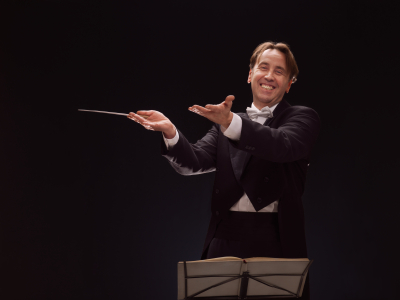I was asked by a non-profit to speak about ‘executive presence.’ Beyond thinking it was about how good one looks and how well one projects, akin to stage presence, I knew little, so I did some research and learned a lot.
My favorite definition was: “Executive presence is an authentic quality that builds trust in others. No matter what the leader’s personal style, people want to listen, follow, and do great work for that person.” My preference for this definition was its inclusion of the word ‘trust.’ Those with executive presence tend to be trusted by clients, colleagues, and direct reports. We have to make our staffs and clients confident that they are in good hands. We are desperately looking for people we can trust.
To my surprise, I learned that executive presence is not about being polished or sophisticated, being tall, attractive, extroverted or opinionated, or about your speaking and presentation skills.
People who have excellent executive presence are very good at consistently projecting specific dimensions of expression to their audiences. This includes:
- Personal qualities of character, internal to the person being evaluated
- Qualities of communication, interpreted as a person’s ability to be honest, think clearly and be open to ideas
- Relational qualities, such as understanding a person’s capacity for caring about others and having an honest interest in them
While I don’t think trust and authenticity can be manufactured, I do believe you can you build your executive presence by being true to yourself and remembering to engage fully and productively with those you are talking to. Executive presence is entirely about the presence you project wherever you are and whatever you’re doing.
For the accompanying picture, I selected an orchestra leader because his moves must be trusted without hesitation by musicians following his gestures, his non-verbal communication signals clear intent, and he makes harmonious an eclectic set of notes and chords to achieve a pleasing outcome. Without his presence, the orchestra would be lost, never capable of producing the sound we expected.
What do you think?

